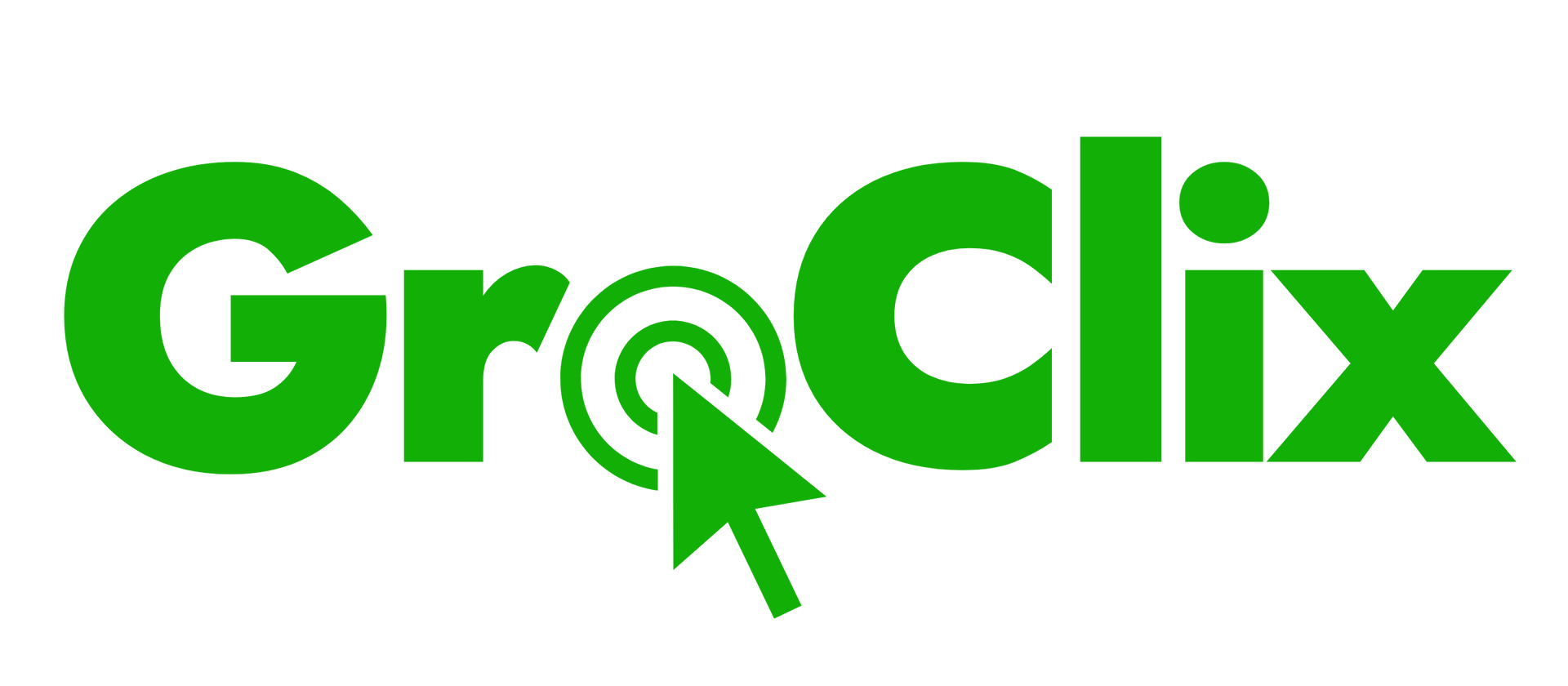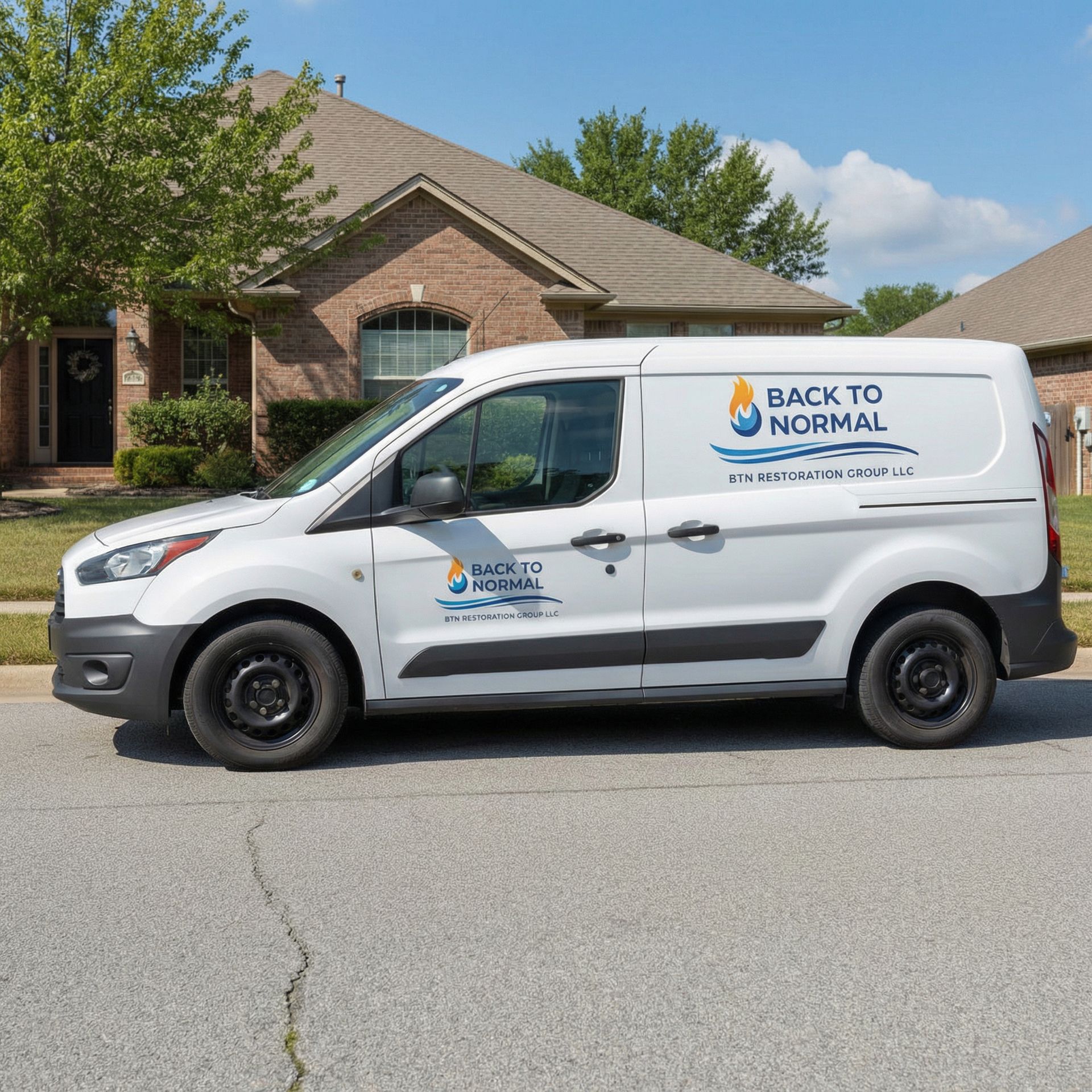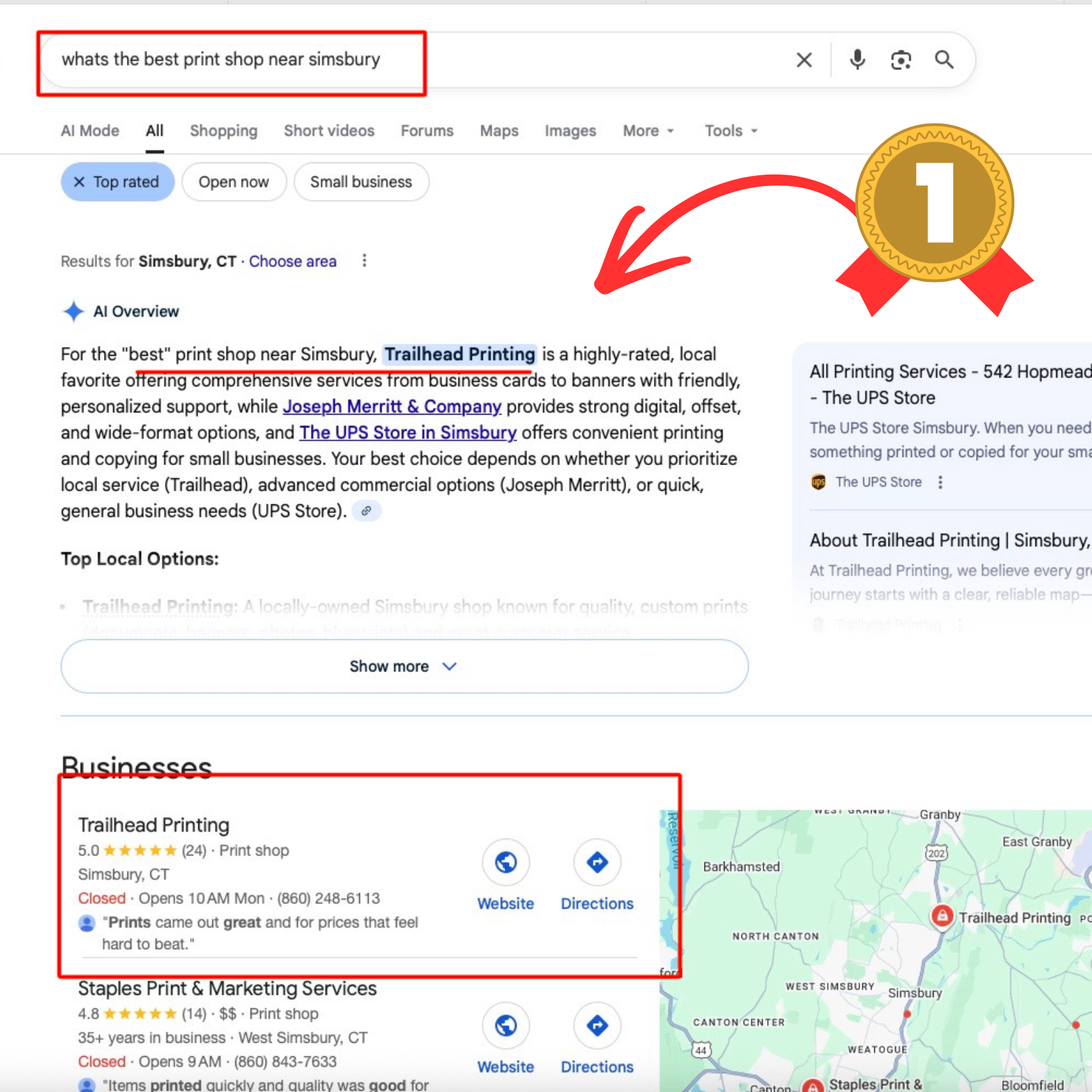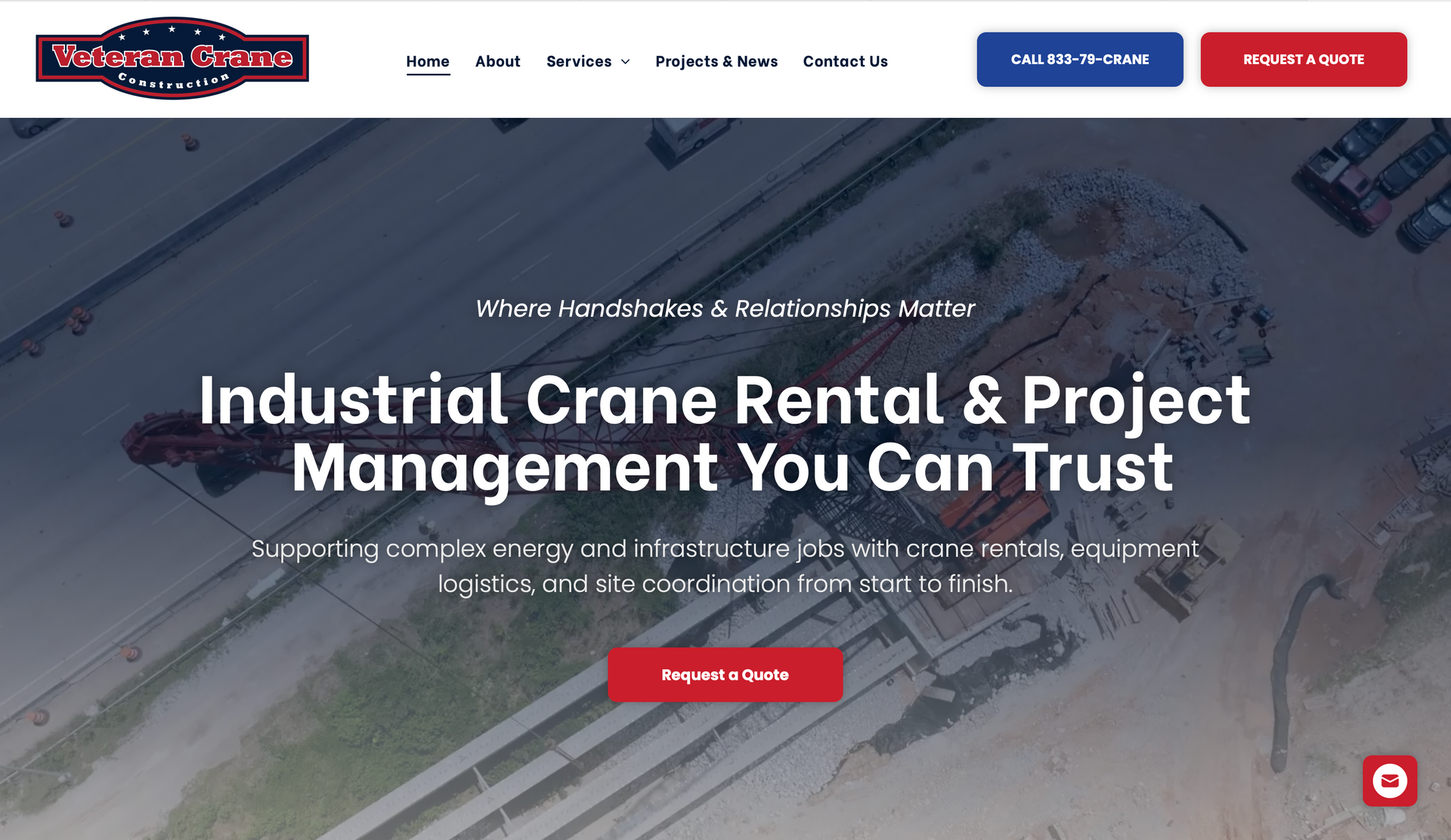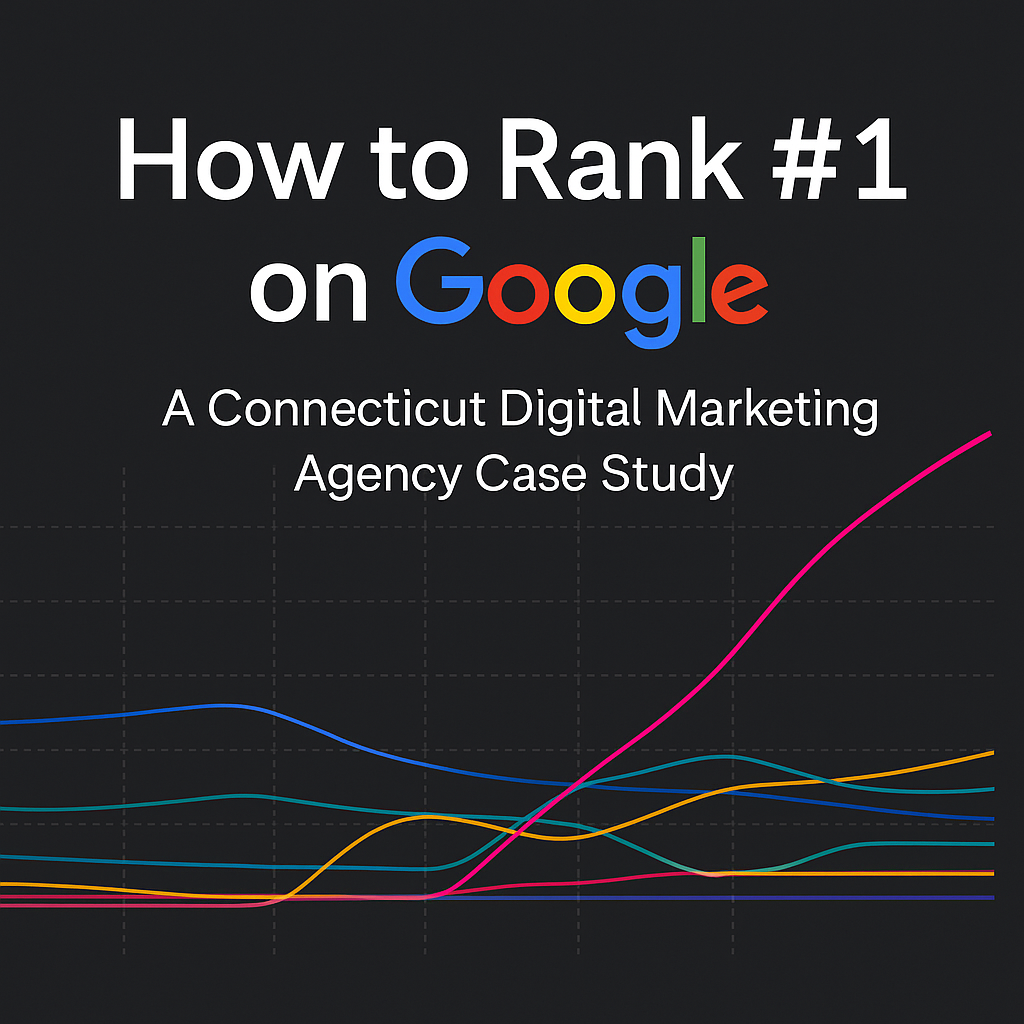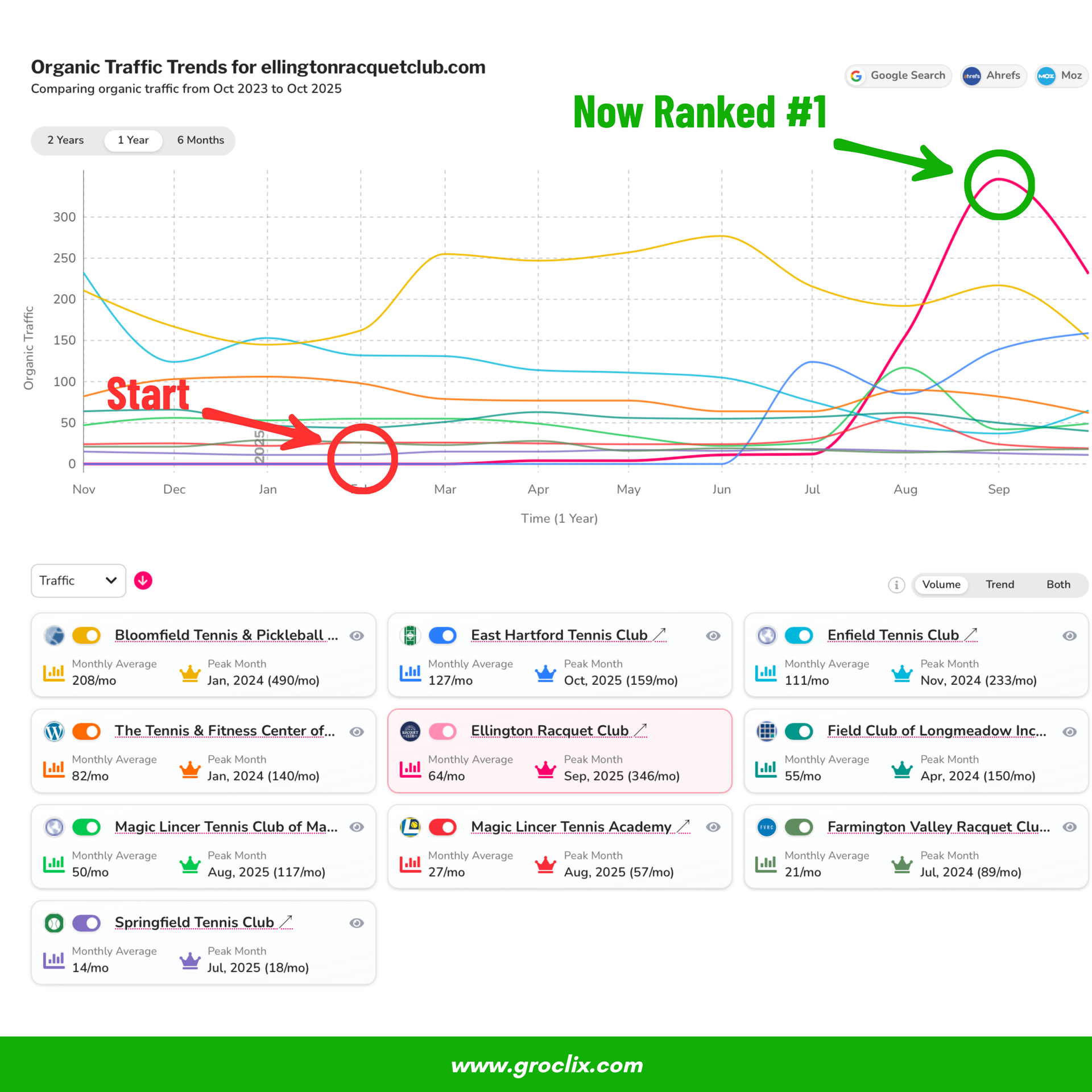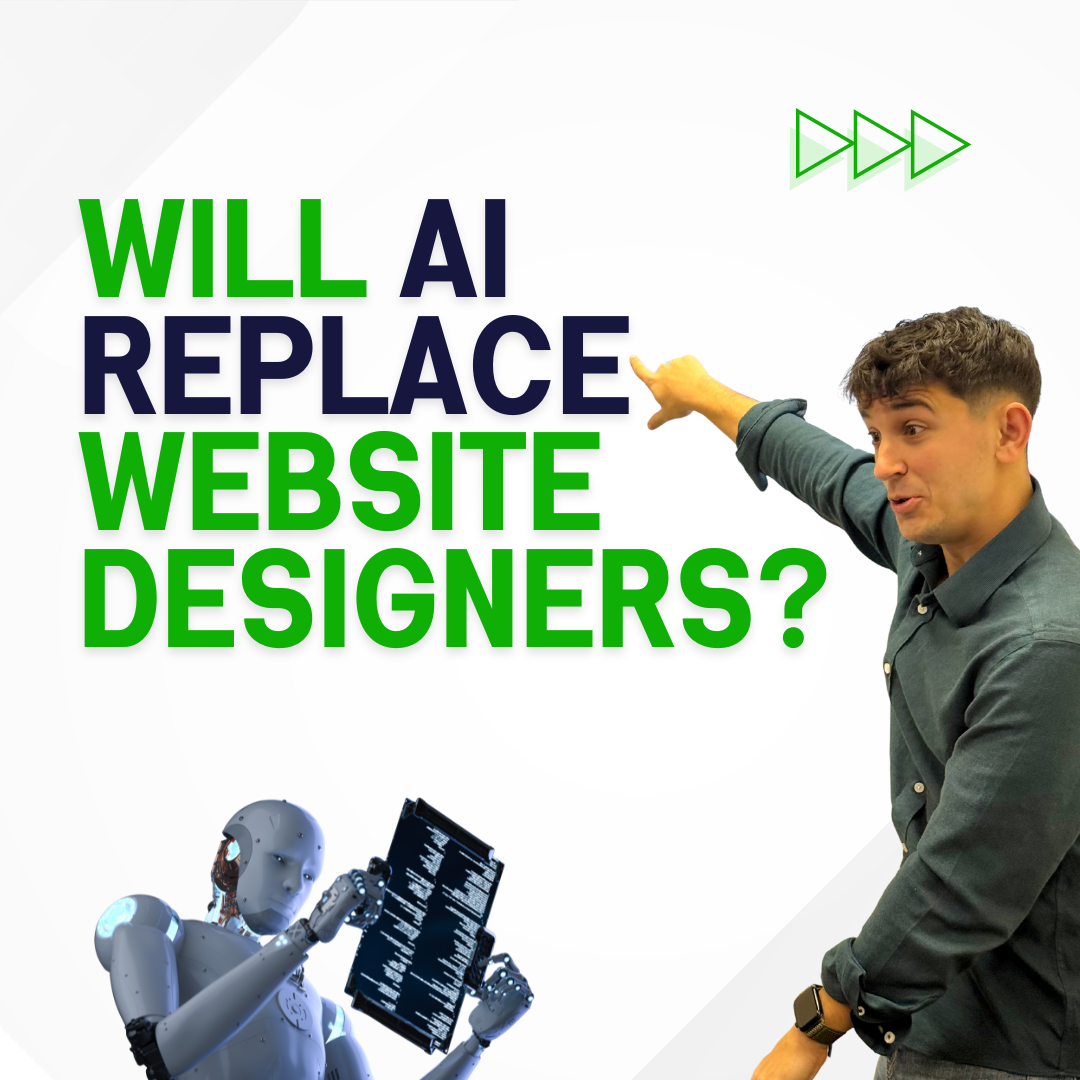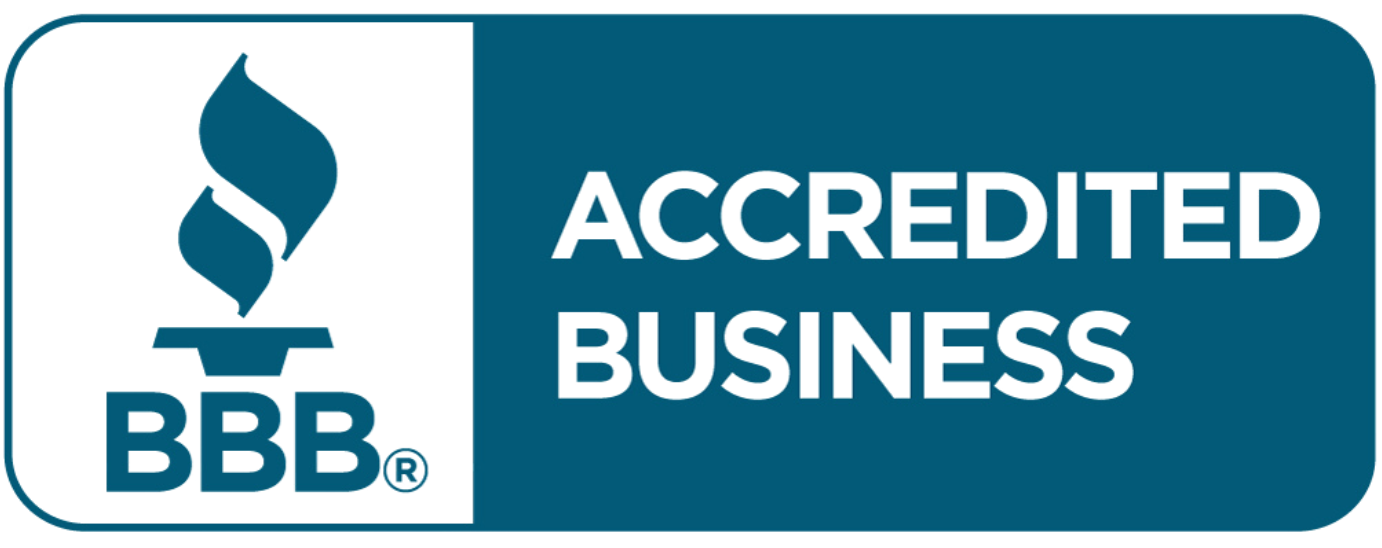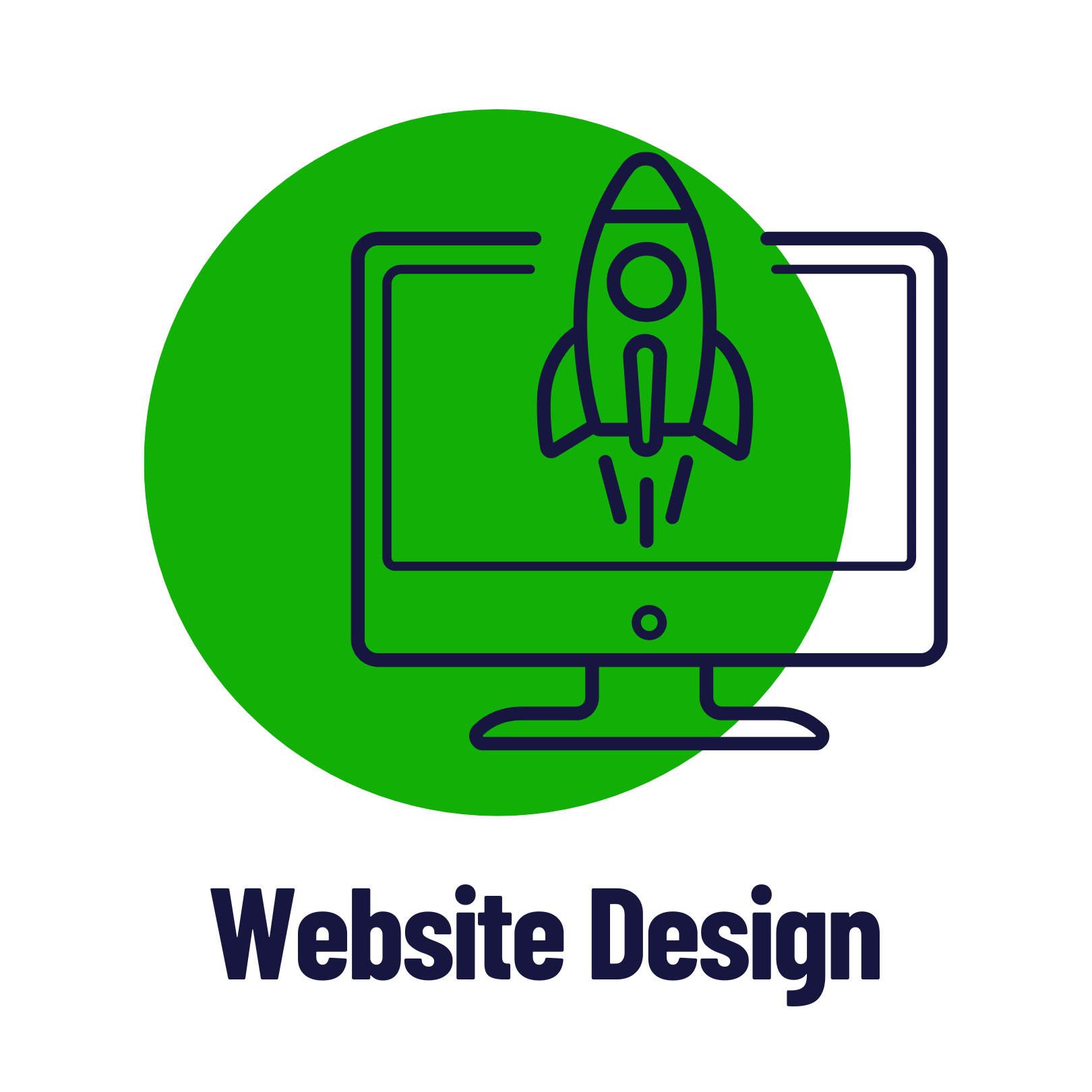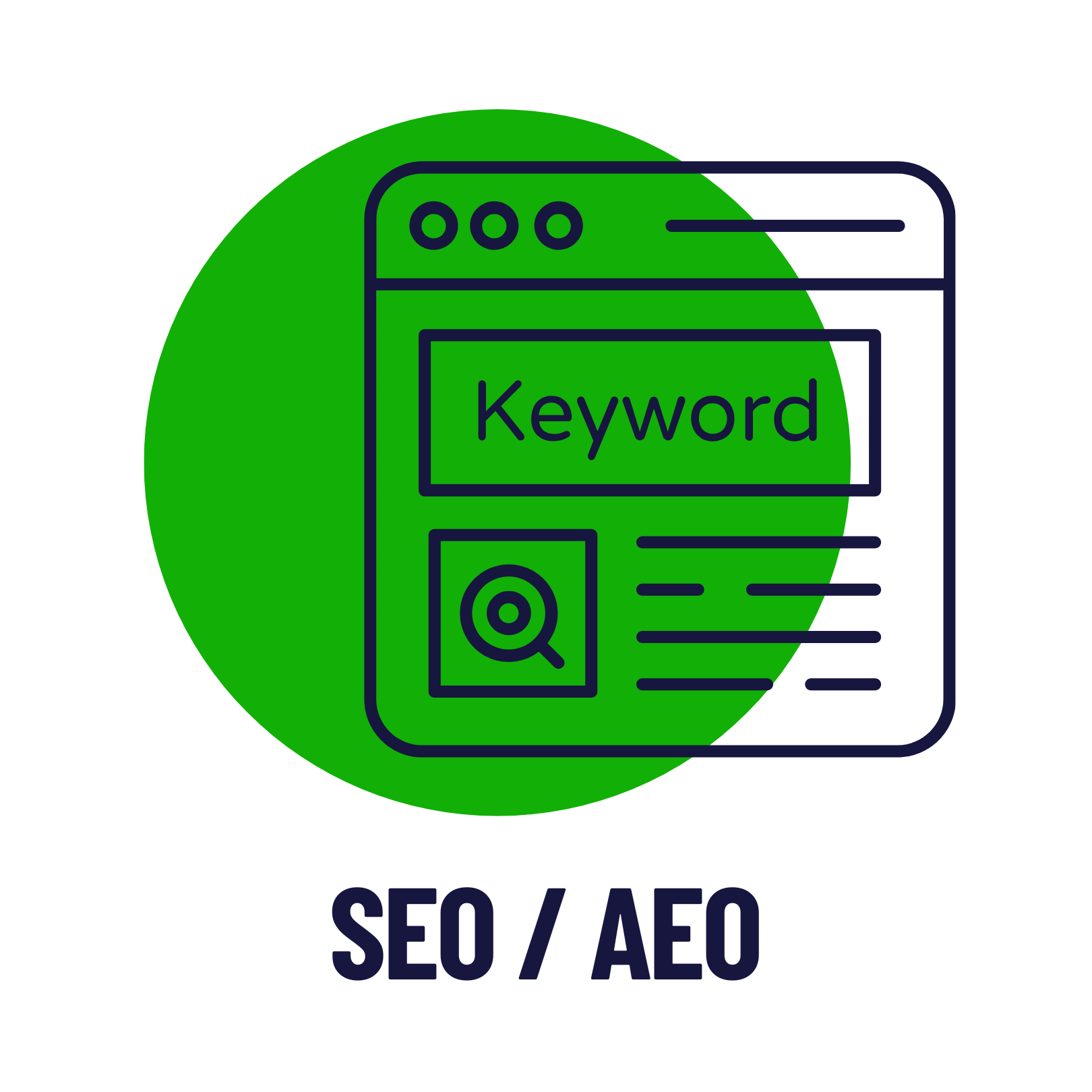OpenAI Just Released Atlas and It Could Change How Customers See Your Website
OpenAI just launched ChatGPT Atlas — an AI-powered web browser that doesn't just let users search the internet, it helps them understand it. Instead of clicking through pages hoping to find the right answer, users can now ask the browser itself to summarize a site, compare products, or even take actions for them. This isn’t some experimental tool tucked away in a lab — it’s a real browser, live now on macOS, and it's coming for the way we experience the internet.
That matters. A lot.
Why? Because everything we’ve built on the web — from design principles to SEO strategies — has been created with one thing in mind: Google. For years, your website’s main job wasn’t just to convert customers; it had to satisfy the ever-changing algorithms of Google Search. We’ve all played that game: keywords in the headers, backlinks on every blog, page speed optimizations like we’re tuning up a race car.
But with Atlas, the game board just shifted.

What Exactly Does Atlas Do That ChatGPT Doesn’t?
ChatGPT on its own can already answer questions, summarize content, and help with research. But Atlas takes that experience a step further — because it's not just a chatbot anymore, it's your browser.
That means Atlas knows what tab you're on. It can read entire web pages live, summarize them, analyze them, and even interact with them. You can ask, "What does this page say?" and Atlas will give you a straight answer. You can tell it, "Book my hair appointment," and it can do it for you.
It changes user behavior from browsing websites to consulting AI about websites.
This creates a whole new layer between your business and your audience — and if your content isn’t structured for that kind of interaction, you could lose visibility fast.
How This Changes Your Website (And Why Google Isn’t the Only Game Anymore)
Most small business websites have been built — either directly or indirectly — for Google.
Headers, keywords, backlinks, loading speed, meta descriptions — all of it has been shaped by what Google wants. For years, the formula has been: build a nice-looking site that satisfies Google’s SEO rules and you’ll be found.
But Atlas isn’t following Google’s search algorithm. It’s not looking at rankings. It’s looking at your actual content in real-time. That means:
- Your keyword-stuffed blog post isn’t going to cut it if it doesn’t clearly answer a question.
- Your homepage full of pretty visuals but no real information might get skipped over.
- Your poorly organized services page could confuse the AI — and your customers.
In short, websites need to be optimized not just for Google, but for AI comprehension. That’s a different game entirely.
Should You Be Worried About Customers Finding You?
Honestly? Yes — at least enough to pay attention.
Search is evolving. Instead of typing a phrase into Google and sifting through 10 links, users can now ask Atlas and get an answer instantly. If your website isn’t giving clear, direct answers to the kinds of questions your customers are asking, you may never show up in the conversation.
This means SEO is no longer just about getting ranked — it’s about being AI-visible.
Here’s what that means in plain terms:
- You need to use language that actually matches how your customers ask questions.
- You need structured content that makes it easy for AI to pull answers.
- You need to prioritize clarity over cleverness.
If your website hasn’t been updated in years, or if it was built without content strategy in mind, it might not stand a chance in the new AI-first browsing world.
What Should You Be Doing Right Now?
Start by looking at your website from a new perspective — not just as a visual portfolio, but as a source of answers.
Ask yourself:
- If someone lands on your homepage with zero context, can they tell what you do in five seconds or less?
- Are your service pages written in a way that actually explains how you solve problems, not just list offerings?
- Does your blog content feel like it was written to help people — or to play the SEO game?
- Are your pages organized logically, with clear headers and navigation?
You don’t need to panic. You don’t need to rebuild everything tomorrow. But you do need to think seriously about whether your current website holds up when viewed through the eyes of AI — because increasingly, that’s how people will experience it.
The next time someone searches for your service, they might not land on your homepage. They might get a summary from Atlas — and you want that summary to be accurate, relevant, and compelling.
This is a moment to audit your messaging, clean up your structure, and make sure your site reflects your value clearly.
If you're not sure where to begin, it's okay to ask for help. But start by being honest about where you stand.
What Marketing Agencies Are Thinking Right Now
The launch of Atlas doesn’t just affect business owners — it’s sending a ripple through the marketing world, especially agencies that have built entire services around Google-focused SEO.
Nick Desrocher, founder of GroClix, shared this take:
“This is going to make a lot of businesses panic — especially marketing agencies with clients who have been pouring money into SEO using the same strategies they’ve used for years to rank on Google. What’s happening now is going to force a complete shift in how those agencies operate. They’ll need to rethink what’s actually valuable, where they’re spending time, and how they’re measuring success. AI browsers like Atlas are going to demand cleaner messaging, smarter content, and a much more user-focused experience — not just another checklist of SEO best practices.”
It’s not just about staying on top of trends anymore. It’s about rewriting your internal playbook before your clients start asking questions you don’t have answers for.
Final Word (Not a Cliché, Just a Heads-Up)
This isn’t about fear. It’s about readiness.
OpenAI’s launch of Atlas shows us where things are going — and if you want your business to keep showing up, your website needs to keep up.
If you’re not sure where your site stands, GroClix will take a look. No strings attached. Let's make sure your site is ready.
